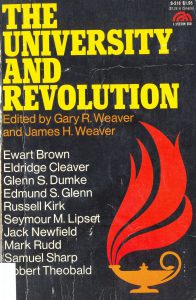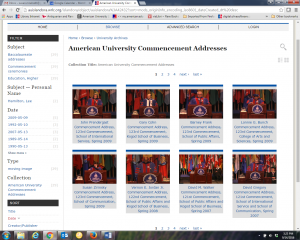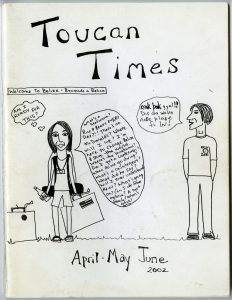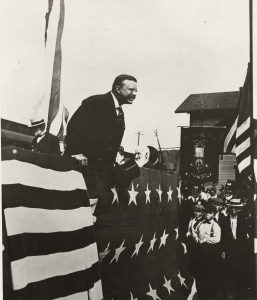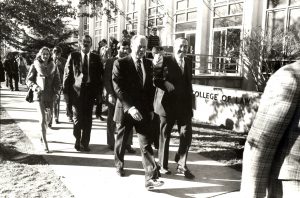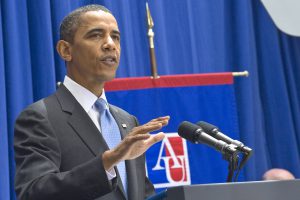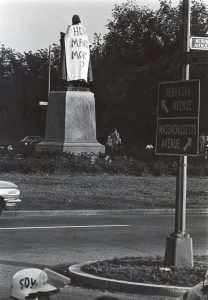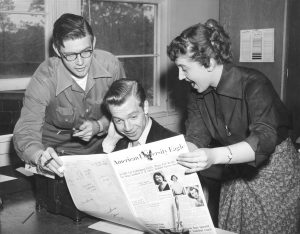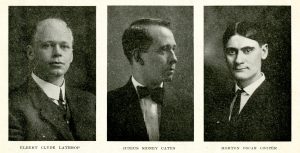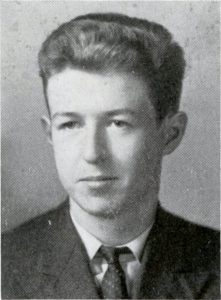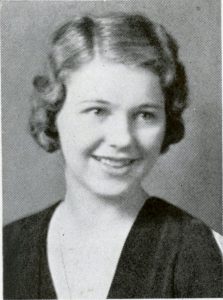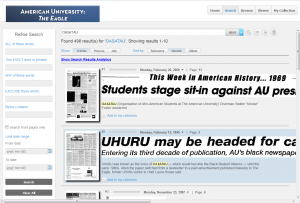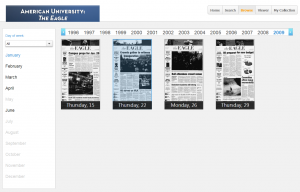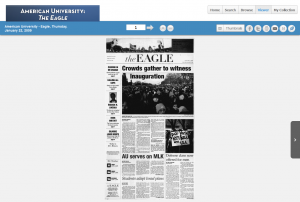American University introduced interdisciplinary courses in the late 1960s. One of the first was called “University and Revolution,” a three credit hour independent research course. This course was extremely popular and ran for two years. 250 students enrolled in its first semester. In small, seminar style classes, students discussed topics including the Black student in the university revolution, the individual spiritual awareness and revolutionary social vision, the effects of social revolution on the structures and functions of the contemporary university and the university in revolution centering on the university in the U.S. A volunteer faculty member moderated each of the sections. About once a month the entire class came together for a guest speaker. The Kennedy Political Union provided funding for honoraria for a diverse array of guest speakers including Eldridge Cleaver of the Black Panther Party, Ralph Abernathy from the Southern Christian Leadership Conference, student leaders Ewart Brown (Howard) and Mark Rudd (Columbia), and conservatives Russell Kirk and William F. Buckley. Students enrolled in this pass/fall course had to submit a research paper on their seminar topic. During the second year, the course delved into specific themes such as “White Student Movement and Black Movement: A Contrast and Comparison.” In the fall of 1969, the course leaders Gary and James Weaver, published a compilation of the lectures from the previous year.

